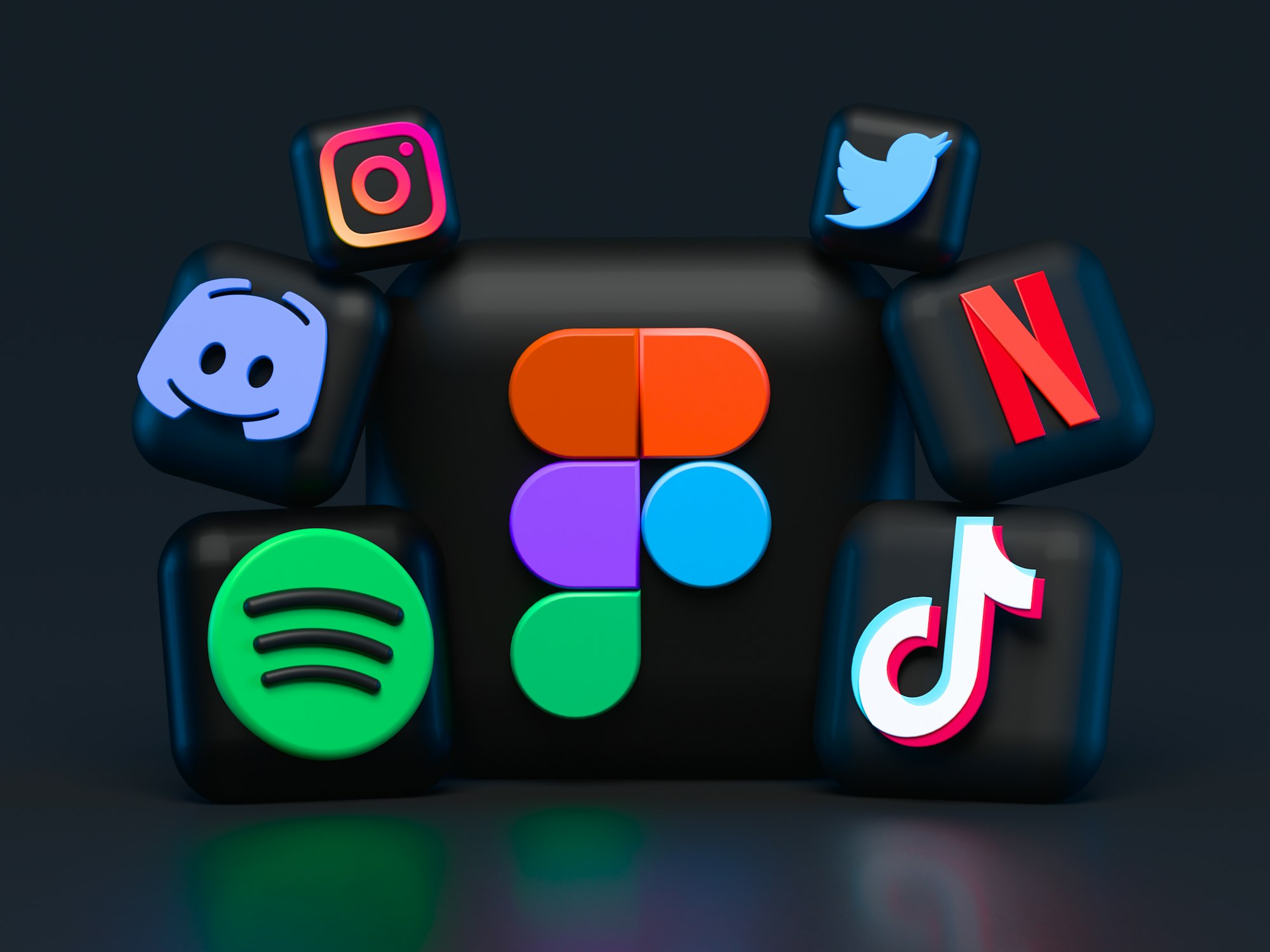Why You Should Start Creating Content in 2024

Creating content can be a powerful way to make your mark.
Creating content not only offers you a platform to express your thoughts and ideas but also presents an opportunity to build your brand, connect with like-minded individuals, and leverage your influence.
This post will explore why creating content in 2024 may be a smart move.
The Diffusion of Innovation
Does the world need another content creator?
Probably not, right?
Imagine how much content is created every day. Each minute 1,700 WordPress posts are made, 500 hours of video are uploaded to Youtube, and 350,000 Tweets are sent.
Since the barrier to entry is low, there’s been a substantial rise in content. People are experiencing content overload now.
That’s why I thought about this before considering the whole content creation thing until I came across the book “Doing Content Right” by Steph Smith.
When she faced the same question before writing her blog, she reconsidered it and reframed it:
This is like asking the question, “Does the world really need another TV show or movie?”. We already have access to terabytes of films à la Netflix, but we’re still willing to go to the theater to see the latest and greatest. So, what does that say about content creation?
The world doesn’t need more of the same thing. Much less, do we need more of the same thing executed to a lesser degree.
But here’s what the world will always have room for:
- The new, should it be relevant
- The old, should it be even just 1% better”
People misinterpret saturation: it is not the sheer number of people in a space that matters, but the likelihood that you can out-innovate what already exists.
Doing Content Right
Steph
After reading that section, the question changed to: Am I willing to put effort into creating something relevant and valuable for others and myself?
And that brought us here.
Creating content as a thinking tool
You think you understand a topic until you have to put it in your own words and teach it to somebody else.
This idea is echoed by James Clear, who once said:
If you think you can learn a lot by reading a book, try writing one.
James
It doesn’t matter if you create a video or a blog post. You need to put your ideas into words, and by honing your writing skills, you can communicate more effectively and enhance your critical thinking abilities.
Showing your work
The first time I heard you should document instead of create was from Gary Vee.
I believe that the people who are willing to discuss their journeys instead of trying to front themselves as the "next big thing" are going to win.
Gary
Then sometime later, I found out about this guy from the Netherlands that had been sharing his process of creating startups. Pieter Levels started the crazy movement of "12 startups in 12 months," humbly. A few years later, he was bringing in $3M in ARR with RemoteOk and Nomadlist.
So clearly, sharing your work is crucial today. It helps you build connections, attract supporters, make you more comfortable working online, and it can create interest in your work.
Leverage
The best products to create in modern society are products that have no marginal cost of replication. They can be made, replicated, and distributed by coding and media. I first learned this from Naval Ravikant, an entrepreneur and investor. He has an interesting take on this concept:
Product and media leverage are permissionless.
Probably the most interesting thing to keep in mind about the new forms of leverage is they are permissionless. They don’t require somebody else’s permission for you to use them or succeed.
For labor leverage, somebody has to decide to follow you. For capital leverage, somebody has to give you money to invest or to turn into a product.
Coding, writing books, recording podcasts, tweeting, YouTubing, these kinds of things, are permissionless. You don’t need anyone’s permission to do them, and that’s why they are very egalitarian. They’re great equalizers of leverage.
Naval
Starting to create content could be the perfect step to creating a permissionless form of leverage that you can use to capitalize in a big way.
Creating content is more than a tool for sharing your thoughts and experiences; it's an investment in your personal and professional growth.
Elevate your ideas, build your brand, and make a meaningful impact in the digital world.